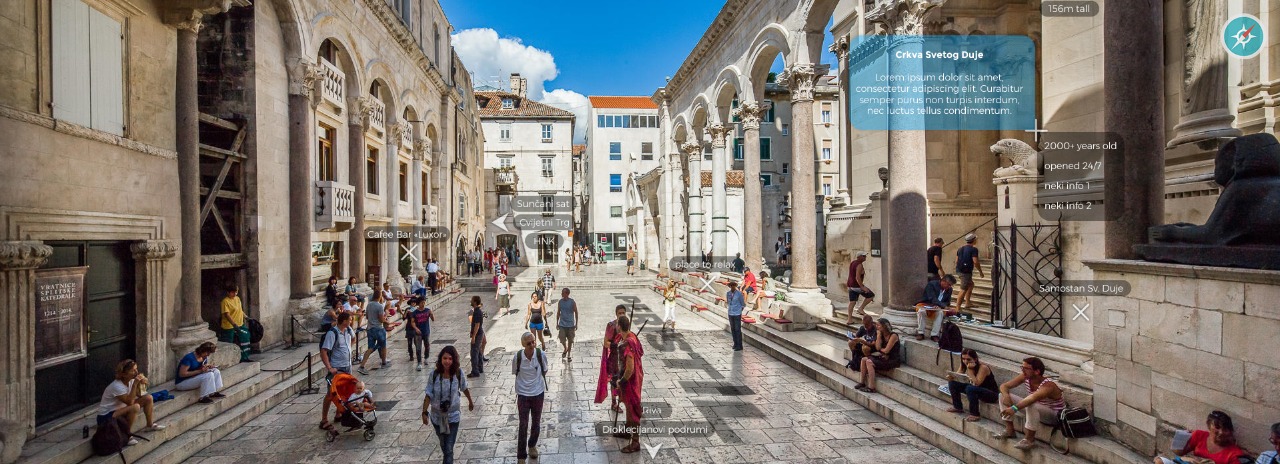
Project name: Easy Living in Smart Environments
Acronym (code): ELISE (UIP-2014-09-3875)
Duration: 01.10.2015. – 30.09.2018.
Project leader: Mladen Russo, Ph.D.
Funding: Croatian Science Foundation
Smart environment represents a world full of different sensors and smart devices seamlessly working together, making everyday living easier and more comfortable. According to Mark Weiser, a smart environment is “a physical world that is richly and invisibly interwoven with sensors, actuators, displays, and computational elements, embedded seamlessly in the everyday objects of our lives, and connected through a continuous network”.
ELISE is envisioned as an interdisciplinary research approach aimed for improving the technologies on which smart environments are based, with the goal of establishing a framework for developing various real-life services and applications in smart environments. Primary areas of research will include low power sensing and ambient energy harvesting, wearable interfaces, speech recognition, computer vision, object and text recognition, augmented reality, localization technologies, soundscaping and auralization.
Research in all areas will be based on integrated approach with a vision of developing real-life smart environment applications. Particularly two applications will drive our work and are planned for prototyping and demonstration in the last stages of the project: smart sightseeing and smart museum tour. They will be based on augmented reality interface in a way that objects of interest are recognized in the scenes enabling presentation of additional content to the user, they will be equipped with localization module, have the ability of soundscape to enhance AR, be controlled via speech and wearable smart interfaces, e.g. hand gesture recognition interface, with the ability of detecting user’s emotional states and adapting the content accordingly. Prototypes will be modularly designed, with each module implementing innovative and advanced methods developed in each research area. This will result with the state-of-the-art prototypes ready for real-life testing and planning of the real commercial products. Developed modules will also form the basis for developing other applications for easier living in smart environments, including homes, hospitals, care facilities, offices, cities…
Team members:
- Mladen Russo, Ph.D. (project leader), FESB – University of Split
- Marjan Sikora, Ph.D., FESB – University of Split
- Maja Stella, Ph.D., FESB – University of Split
- Matko Šarić, Ph.D., FESB – University of Split
- Goran Udovičić, M.Sc., Kron
- Milan Ramljak, Mag.Ing., Ericsson NT
- Ante Topić, Mag.Ing., Ericsson NT
- Luka Kraljević, Mag.Ing., FESB – University of Split
- Matija Pauković, Mag.Ing., FESB – University of Split